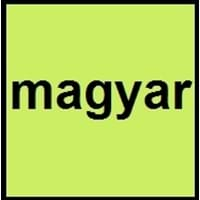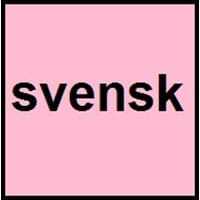Hungarian vs Swedish
- Hungarian language has only preserved most of its ancient elements.
- 'Magyar' is the Hungarian name for the language, the 'Magyar' is also used as an English word to refer to Hungarian people.
- In Swedish language, article comes after noun.
- Most of the words in Swedish language began "S" than any other letter.
Hungarian and Swedish Language History
Comparison of Hungarian vs Swedish language history gives us differences between origin of Hungarian and Swedish language. History of Hungarian language states that this language originated in 1192 AD whereas history of Swedish language states that this language originated in 13th Century. Family of the language also forms a part of history of that language. More on language families of these languages can be found out on Hungarian and Swedish Language History.
Hungarian and Swedish Greetings
People around the world use different languages to interact with each other. Even if we cannot communicate fluently in any language, it will always be beneficial to know about some of the common greetings or phrases from that language. This is where Hungarian and Swedish greetings helps you to understand basic phrases in Hungarian and Swedish language. Hungarian word for "Hello" is szia or Swedish word for "Thank You" is tacka dig. Find more of such common Hungarian Greetings and Swedish Greetings. These greetings will help you to be more confident when conversing with natives that speak these languages.
Hungarian vs Swedish Difficulty
The Hungarian vs Swedish difficulty level basically depends on the number of Hungarian Alphabets and Swedish Alphabets. Also the number of vowels and consonants in the language plays an important role in deciding the difficulty level of that language. The important points to be considered when we compare Hungarian and Swedish are the origin, speaking countries, language family, different greetings, speaking population of these languages. Want to know in Hungarian and Swedish, which language is harder to learn? Time required to learn Hungarian is 44 weeks while to learn Swedish time required is 24 weeks.





